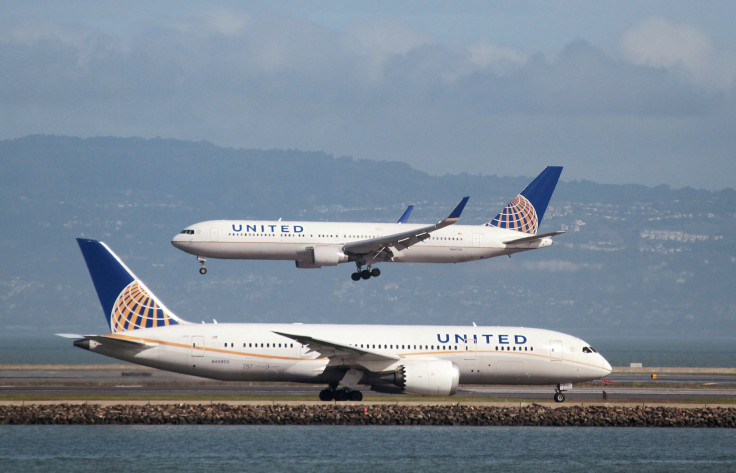United Airlines Damage Control After Dragging Passenger Is Far From Marketing 101

When they had passenger David Dao forcibly removed from an internal flight in the US, staff at United Airlines apparently forgot two golden rules of marketing.
1. Don’t let your customers get hurt
Dao was asked to disembark when United discovered that the flight was overbooked. He refused, saying he needed to get to his destination in order to work. An argument ensued, and airline staff sent for security guards. A video clip posted by a fellow passenger on social media appears to show Dao being dragged out of the plane, his face streaked with blood.
Oscar Munoz, chief executive of United Airlines, issued a brief apology. He said: “This is an upsetting event to all of us here at United, I apologize for having to re-accommodate these customers.”
But in a private email to staff – promptly leaked to the media – Munoz was more defensive. It said: “As you will read, this situation was unfortunately compounded when one of the passengers we politely asked to deplane refused and it became necessary to contact Chicago Aviation Security Officers to help”. It added that he had been “disruptive and belligerent” and that staff had “followed established procedures”. Munoz commended staff for “continuing to go above and beyond to ensure we fly right”.
On April 11, however, he issued a wider ranging apology.
2. When you apologize to a customer, sound like you mean it
Airlines have, quite rightly, the authority to ask passengers to leave an aircraft if they are genuinely disruptive or are considered a threat to safety. That is as it should be.
But with power comes responsibility. Airline staff should be trained to use their discretion, and to know the difference between obstructive belligerence and a genuine complaint. Sadly, not all are. I was once threatened with removal from a budget airline flight in the UK when I made a – quite mild – comment about the chaotic boarding arrangements. A member of airline staff shouted at me and told me to “Fuck off back to America” (I am, in fact, Canadian). I’m still waiting for an apology.
These incidents should not happen, ever. Businesses live and die on the backs of their reputation with customers. Their brand value is built on the quality of service they deliver and the stories people tell about them. The stories people are telling now about United are largely negative.
The apology eventually issued by CEO Munoz appeared heartfelt and genuine, but it was too late. The damage, across social media and in the press, has been done. For the next little while, at least, anyone choosing an airline in the US and seeing United’s name will be reminded of the man with the bloody face – and that ghastly word “reaccommodated”.
The buck in this case stops directly with Munoz. In any organisation, the tone is set at the top. His remarks to his staff suggest that United has a culture where the needs of staff are prioritized over the needs of paying customers. In this case, Dao and his fellow passengers were “reaccommodated” to make way for four members of airline staff.
That must end. Munoz needs to concentrate on building a culture that puts customers first and makes quality of service a key business objective. Reward systems, bonuses and performance reviews all need to start reflecting this. Service standards need to be introduced, and adhered to strictly.
In this respect, United should learn from rival Delta, which was once one of the best-known airlines in America, highly profitable and popular with customers. Then the culture at Delta changed, and customer service suffered. Customers switched to other airlines and Delta went bankrupt. Now, Delta is thriving again, in large part due to its focus on keeping both staff and customers happy.
Will the same thing happen to United? The damage could be serious, especially if there is another similar incident in the future. In the age of smartphones and social media, any misstep gets blown up and broadcast across the world.
Yet it is also highly possible that United will get away with it. Standards of service across the US airline industry are already low, and it probably won’t be long before another scandal at another airline is splashed across social media, and the headlines.
Morgen Witzel, Fellow of the Centre for Leadership Studies, University of Exeter
This article was originally published on The Conversation. Read the original article.

© Copyright IBTimes 2024. All rights reserved.




















